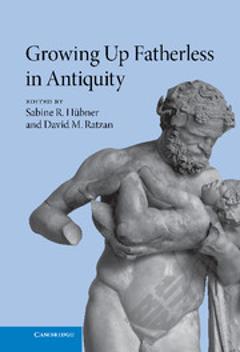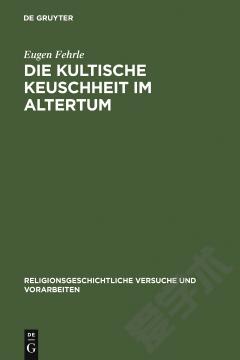Growing Up Fatherless in Antiquity
As the changes in the traditional family accelerated toward the end of the twentieth century, a great deal of attention came to focus on fathers, both modern and ancient. While academics and politicians alike singled out the conspicuous and growing absence of the modern father as a crucial factor affecting contemporary family and social dynamics, ancient historians and classicists have rarely explored ancient father-absence, despite the likelihood that nearly a third of all children in the ancient Mediterranean world were fatherless before they turned fifteen. The proportion of children raised by single mothers, relatives, step-parents, or others was thus at least as high in antiquity as it is today. This book assesses the wide-ranging impact high levels of chronic father-absence had on the cultures, politics, and families of the ancient world.
{{comment.content}}








 京公网安备 11010802027623号
京公网安备 11010802027623号